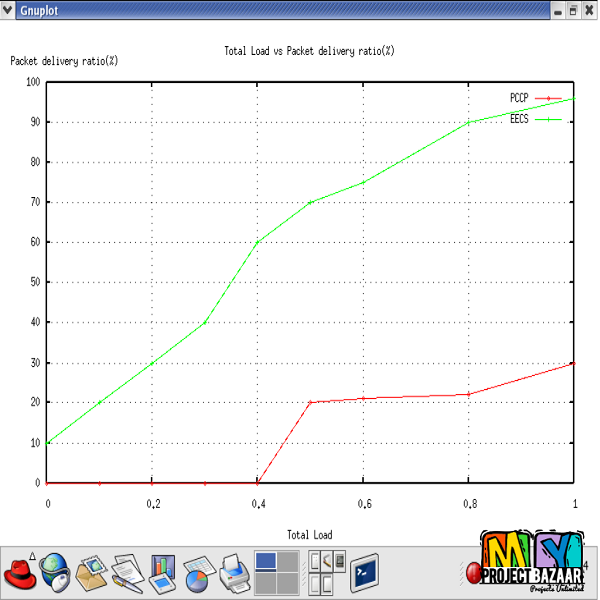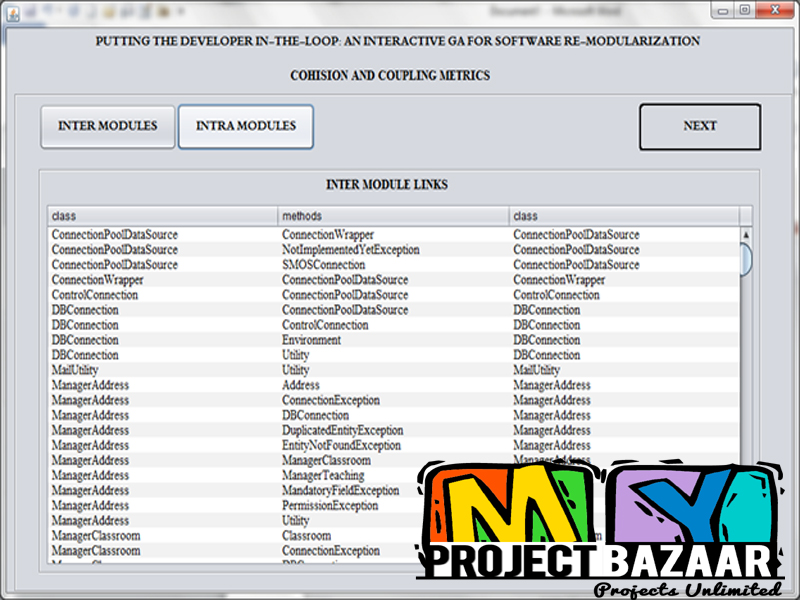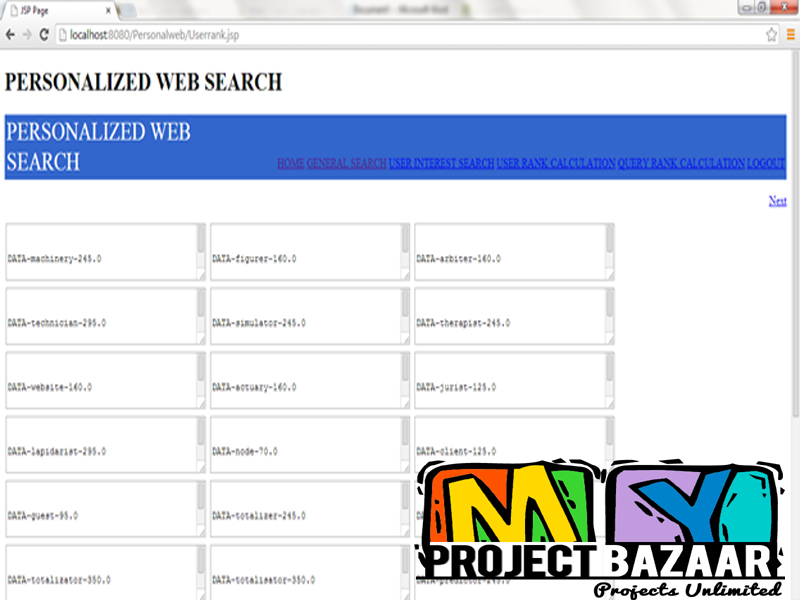
Congestion Avoidance Routing in Wireless Sensor Networks
Product Description
Congestion Avoidance Routing in Wireless Sensor Networks
Abstract— Wireless sensor nodes consist of group of self organized sensor nodes with limited resources in terms of processing power and battery energy. Wireless sensors are used increasingly in many industrial and consumer applications. Sensors detect events and send via multi hop routing to the sink node for processing the event. The routing path is established through proactive or reactive routing protocols. Congestion happens due to flow of packets exceeding the capacity of link & exceeding the capacity of nodes in terms of Queue Size. Due of congestion packet loss occurs and it affects the quality of application services built on top of sensor network. In this work, we address the congestion from point of reducing the probability of congestion rather than make it to occur and solve it. We propose a NOCO routing protocol which is built on top of AODV and follows reservation based mechanism to avoid congestion and also alleviate the congestion if it happens. In wireless sensor networks hundreds or thousands of sensor nodes transmit packet about a physical phenomenon to a single or more sinks using multi-hop routing. Congestion in wireless sensor networks happen due to simultaneous transmission, buffer overflow and time varying channel conditions. < final year projects >
Including Packages
Our Specialization
Support Service
Statistical Report

satisfied customers
3,589
Freelance projects
983
sales on Site
11,021
developers
175+















